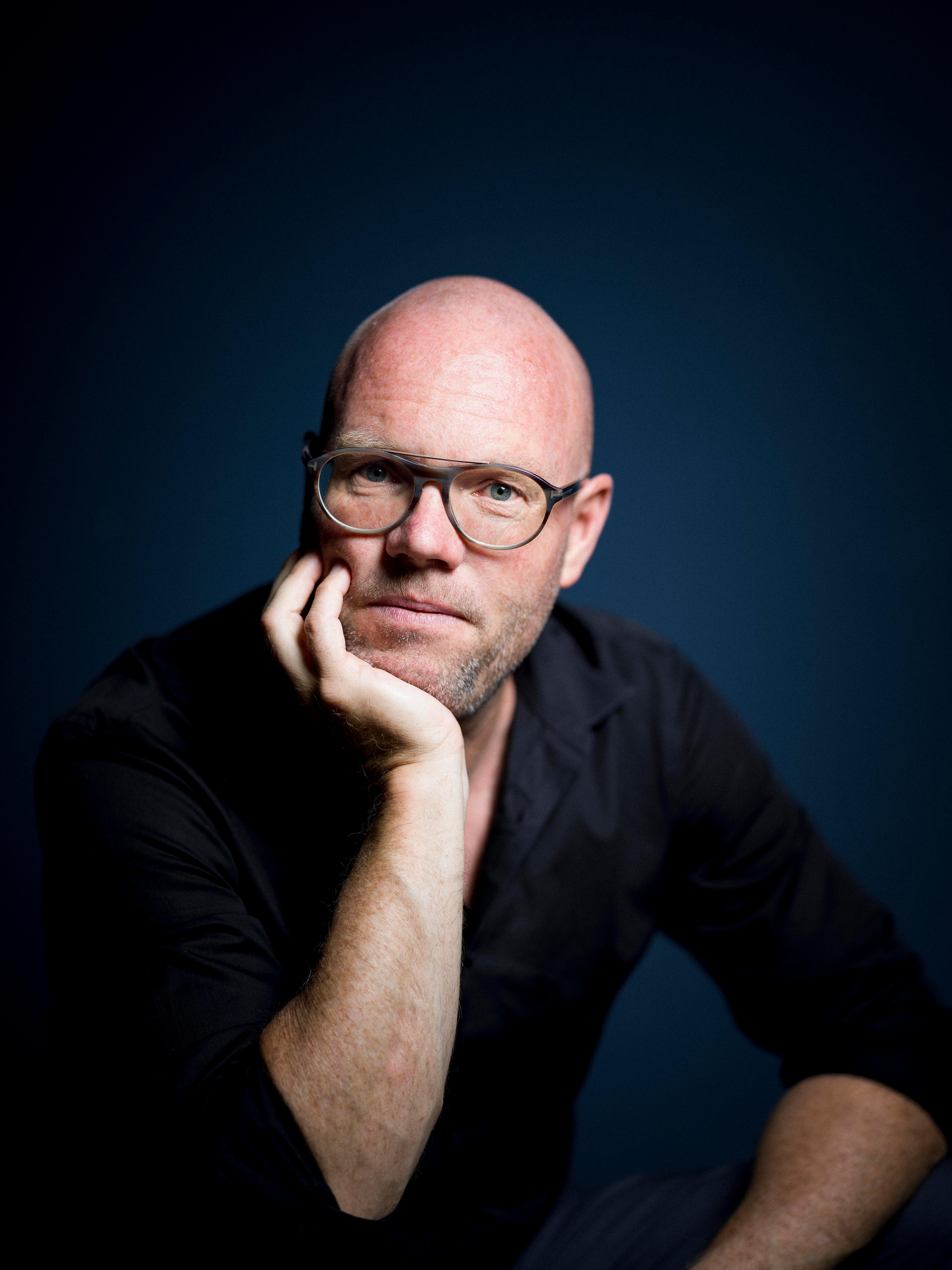Toine Heijmans
Toine Heijmans (b. 1969) is a writer, journalist and columnist. After writing the non-fiction book 'La Vie Vinex' (2007), he made his mark with his debut novel 'Op Zee' (At Sea, 2011) which brought international renown, was made into a movie and made him the first Dutch writer to receive the prestigious French Prix Médicis Étranger. It was followed in 2014 by his second novel, 'Pristina', about a refugee and a government agent tasked with issuing deportation orders. In 2019, 'Marifoonberichten' (Marine Communications), a collection of Heijmans’ best stories about sailing and the sea, was published by Pluim. 2021 saw the publication of 'Zuurstofschuld' (Oxygen Debt), a breathtaking story about the friendship between two climbers. Heijmans lives on the outskirts of Amsterdam, close to his sailing boat, which doubles as his writing studio.

More Toine Heijmans

At Sea
A slate-grey sky full of clouds, the tension of a sailing trip with an uncertain outcome, and every parent’s fear of losing a child: these are the ingredients of this incredibly gripping story. Op zee (At Sea) is a book that does not let go. The story is about Donald, a middle-aged man who has reached a dead end at work. Heijmans presents a perfect sketch of modern office life with its sales figures, mileage allowances, assessment procedures and pointless discussions with clients.

Pristina
In this intricately structured novel, Heijmans delivers a compelling examination of the relative nature of our roots and the loneliness of the asylum seeker, for whom home has become an abstract concept. He contrasts this with the rigidity of a clinical system that masquerades as humane.

Ogygen Debt
The day that Walter Welzenbach climbs his first mountain marks the rest of his life: he never wants to do anything else. Now he is at his final peak, a dizzying 8188 meters high, looking down at his loneliness.

The Floodplains
A solitary man fights for his existence in the last scrap of unspoiled nature in the Netherlands